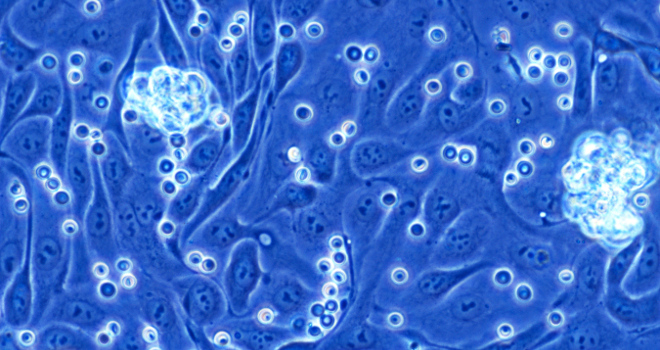Japanese thinkers are often celebrated for their inventiveness, and their love of the absurd.
So perhaps you could be forgiven for suppressing a laugh for reading an article about scientists in Japan making a breakthrough by ‘curing’ infertile vermin.
But it’s no laughing matter — in fact the researchers are being hailed for their remarkable achievement in bringing the world one step closer to a potential fertility treatment for men.
Researchers at Kyoto University revealed late last week in the journal Cell that they have managed to create sperm cells in mice from induced pluripotent stem cells and embryonic stem cells.
So called “IPS “cells are cells that are taken from adult tissues and induced back to a younger state by researchers so that they can become any type of cell in the body.
The sperm fertilized mouse eggs, producing 214 embryos, which ultimately ended up as 65 “healthy male and female pups,” according to the Wall Street Journal.
“It’s a brilliant set of experiments,” George Daley, director of the stem-cell transplantation program at Children’s Hospital Boston, told the Journal. “They restored fertility in the mice. It lays the groundwork for major insights into sperm development and fertility.”
But as many stories on the development noted, it’s not clear how soon such a process could be developed for humans because nobody knows what the needed conditions are for humans.
“Even slight defects in the original IPS cells could have serious negative effects on the offspring,” noted an article in Japanese newspaper Asahi Shimbun.
Shinya Yamanaka, director of Kyoto University’s Center for IPS Cell Research and Application, said he was both surprised by and proud of his colleagues’ achievement.
“I thought it would take 10 years before mouse IPS cells can be differentiated into sperm cells, but that has been achieved in the blink of an eye,” he told the Asahi Shimbun . “I feel pride in it as a compatriot Japanese. Application to humans and other primates still has a lot of technical and ethical challenges, but I hope research will be accelerated dramatically.”









